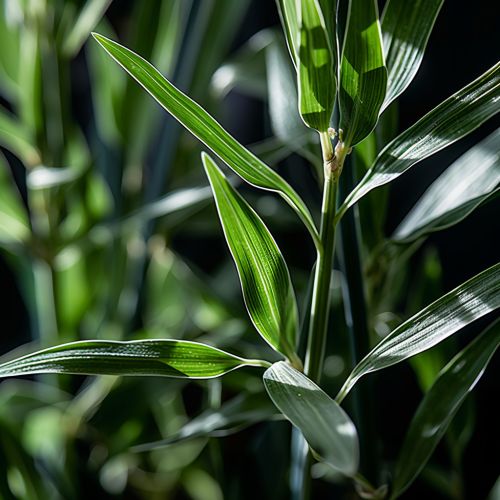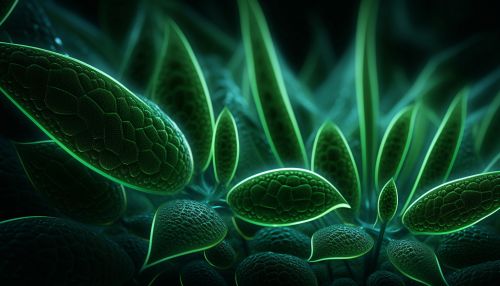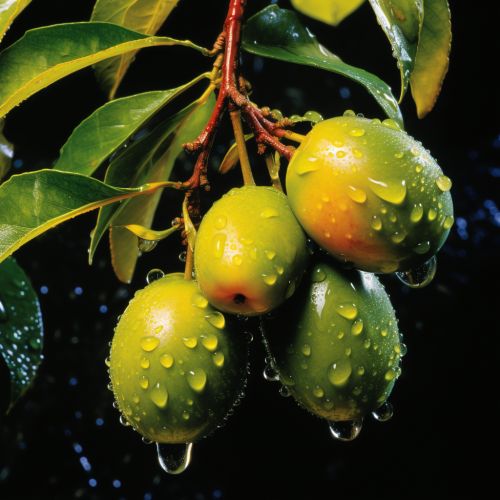Plant Hormones
Introduction
Plant hormones, also known as phytohormones, are chemical substances that play a crucial role in regulating plant growth and development. They are produced within the plant and are responsible for promoting cell division, growth, and differentiation. Plant hormones are a key component of the plant's response to its environment and play a significant role in processes such as phototropism, gravitropism, and stress responses.


Types of Plant Hormones
There are five major types of plant hormones: auxins, gibberellins, cytokinins, abscisic acid, and ethylene. Each of these hormones has a unique role in the life cycle of a plant, and they often work together to ensure the healthy growth and development of the plant.
Auxins
Auxins are a group of plant hormones that are primarily involved in cell elongation, apical dominance, and root formation. They are produced in the apical meristems and transported throughout the plant. Auxins also play a role in the plant's response to light and gravity.


Gibberellins
Gibberellins are a group of plant hormones that promote stem and leaf elongation. They are also involved in seed germination, flowering, and fruit development. Gibberellins are produced in the roots and young leaves of the plant.


Cytokinins
Cytokinins are a group of plant hormones that promote cell division and differentiation. They are primarily produced in the roots and are transported throughout the plant. Cytokinins also play a role in delaying the aging process in plants.


Abscisic Acid
Abscisic acid is a plant hormone that plays a crucial role in stress responses. It is involved in the closure of stomata during drought conditions and plays a role in seed dormancy. Abscisic acid is produced in the leaves, stems, and green fruits of the plant.


Ethylene
Ethylene is a gaseous plant hormone that is involved in fruit ripening, flower wilting, and leaf fall. It is produced in all parts of the plant, especially in aging tissues and ripening fruits.


Function of Plant Hormones
Plant hormones regulate a wide range of developmental processes in plants. They control the growth and differentiation of cells, tissues, and organs. Plant hormones also coordinate the plant's response to environmental stimuli, such as light, gravity, and stress.
Growth and Development
Plant hormones play a crucial role in the growth and development of plants. They regulate cell division, cell elongation, and cell differentiation. This allows the plant to grow and develop in a coordinated and controlled manner.
Response to Environmental Stimuli
Plant hormones also play a crucial role in the plant's response to environmental stimuli. They regulate processes such as phototropism (response to light), gravitropism (response to gravity), and stress responses (response to environmental stressors).
Conclusion
Plant hormones are essential for the growth and development of plants. They regulate a wide range of developmental processes and coordinate the plant's response to its environment. Understanding the role of plant hormones in plant biology can provide insights into how plants grow and develop, and how they respond to their environment.
